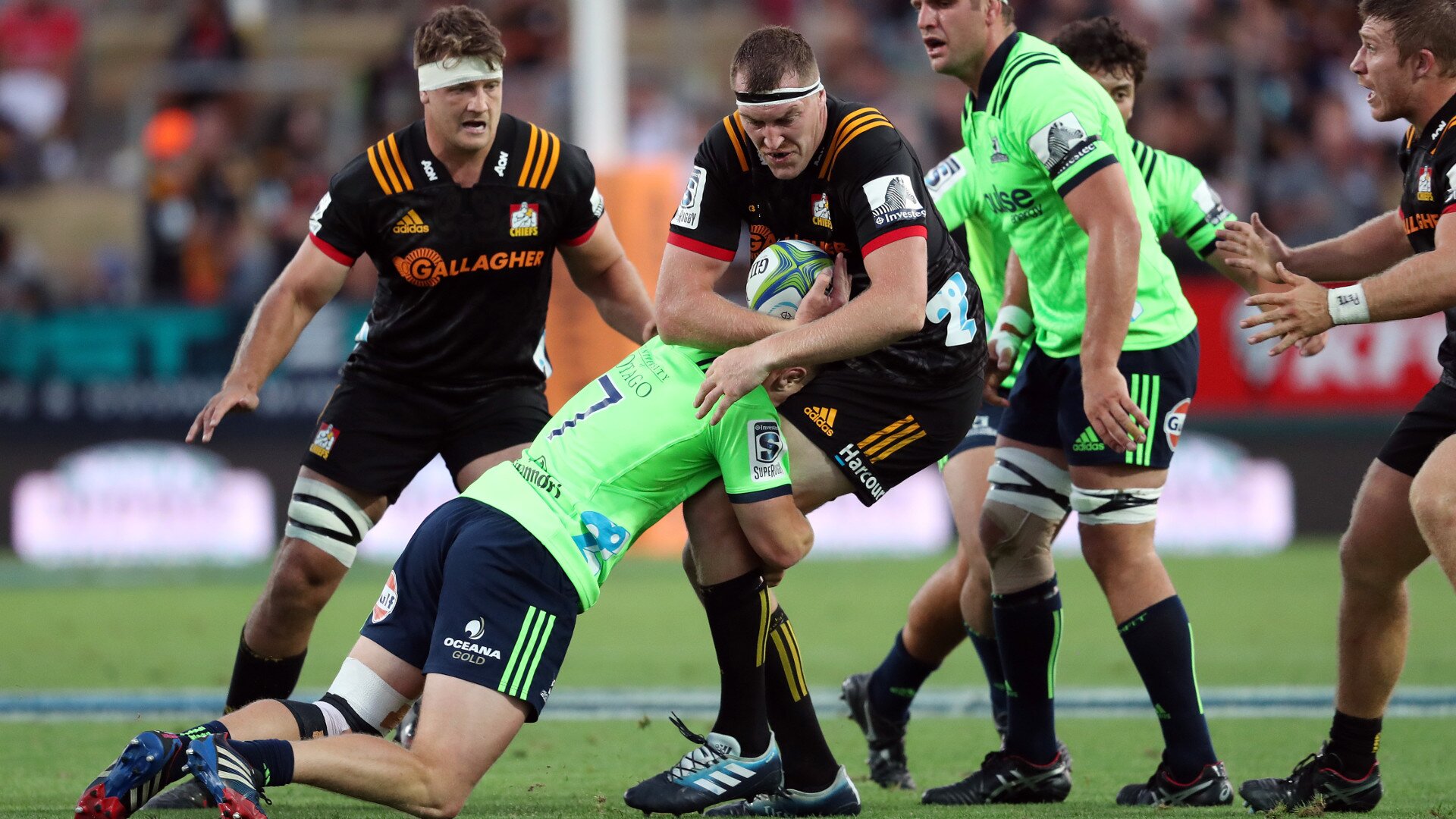As the curtains fell on another rugby season, the clash between “Krasny Yar-m” and “Lokomotiv-m” youth squads provided a compelling case study in tactical execution, player psychology, and the enduring challenges of coaching. While the final score often tells a simple story, the post-match reflections from the coaching staff unveil a far more intricate narrative of missed opportunities, strategic gambles, and invaluable lessons for future development.
The Uneven Playing Field: Lokomotiv-m`s Perspective
For “Lokomotiv-m,” led by Head Coach Sergei Kolosov, the season`s concluding fixture appeared to be marred by a potent combination of physical fatigue and a subtle, yet dangerous, psychological misstep. The team, perhaps still reeling from a demanding encounter with “Yenisei,” found itself struggling for optimal recovery. This physical deficit was compounded by what Kolosov termed a “lack of sufficient motivation” or an underestimation of their opponent.
— Sergei Kolosov, Head Coach, Lokomotiv-m
Kolosov`s candid assessment highlights a common pitfall in competitive sports: past success against an opponent can breed complacency. The recognition that “Krasny Yar-m” presented a formidable lineup underscores the importance of respecting every adversary, regardless of previous results. For a youth squad, this game serves as a stark reminder that physical conditioning and mental preparedness are non-negotiable foundations for performance, not just optional extras.
The Unheeded Mandate: Krasny Yar-m`s Tactical Dilemma
On the victorious side, “Krasny Yar-m” Head Coach Alexey Skripnik, despite the win (reportedly fueled by a significant performance, including a “poker” from Eliseev), offered a surprisingly critical post-match commentary. His insights illuminate the perennial challenge of ensuring tactical instructions translate accurately from the whiteboard to the field of play.
— Alexey Skripnik, Head Coach, Krasny Yar-m
Skripnik`s comments reveal a fascinating tactical dynamic. Recognizing “Lokomotiv-m`s” high defensive line, a common strategy to pressure opposition, Krasny Yar-m`s coach wisely instructed his players to exploit the space behind it with long kicks. This fundamental principle of rugby, using the boot to turn the opposition or gain territory, was seemingly disregarded by his players in favor of more `direct` hand-to-hand play. One might almost attribute it to the youthful exuberance of players preferring the spectacle of running rugby over the strategic wisdom of their coach.
The coach`s observation that first-half errors were “masked by the players` freshness” is particularly telling. It implies that sheer energy and athleticism can, for a time, compensate for tactical inaccuracies. However, as the game wore on and fatigue set in, these uncorrected flaws became glaringly apparent, ultimately impacting their scoring potential even in a winning effort. This highlights a crucial developmental lesson: reliance on raw talent without tactical discipline is a recipe for inconsistency.
Lessons from the Youth Arena: Beyond Individual Games
The post-match dialogues from both coaches offer more than just an account of one game; they provide a microcosm of the challenges inherent in developing rugby talent. For “Lokomotiv-m,” the experience underscores the importance of thorough preparation, both physical and mental, irrespective of past victories. It serves as a stark reminder that complacency is a luxury no competitive team can afford.
Conversely, “Krasny Yar-m`s” situation illuminates the critical interplay between coaching strategy and player execution. The ability of a coach to identify and communicate a sound tactical approach is only half the battle; the other, often more difficult half, lies in ensuring players understand, trust, and implement those instructions under pressure. The subtle irony, of course, is that the strategic decision to kick long was designed to be effective precisely *because* the opponent played a high line – a vulnerability that went largely unexploited by the very players tasked with capitalizing on it.
Ultimately, these season-ending reflections are not merely critiques but foundational building blocks. For these young athletes and their coaches in Russia`s developing rugby scene, every match, win or lose, is an opportunity to learn. The lessons gleaned from strategic obedience, energy management, and mental focus will undoubtedly shape their approach to future seasons, refining not just their gameplay, but their understanding of rugby`s deeper strategic dimensions.

